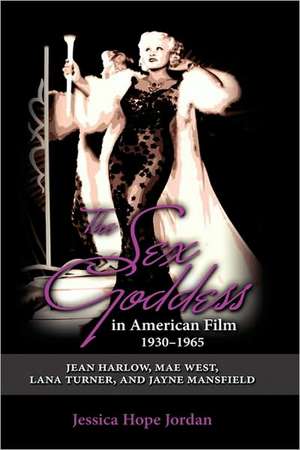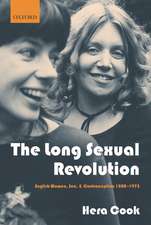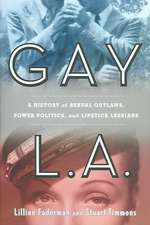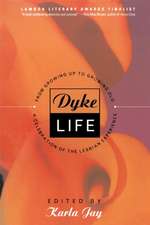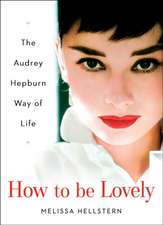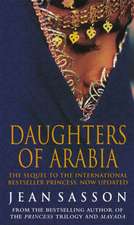The Sex Goddess in American Film, 1930-1965: Jean Harlow, Mae West, Lana Turner, and Jayne Mansfield
Autor Jessica Hope Jordanen Limba Engleză Hardback – 30 noi 2009
Preț: 625.00 lei
Preț vechi: 679.35 lei
-8% Nou
Puncte Express: 938
Preț estimativ în valută:
119.61€ • 122.49$ • 99.49£
119.61€ • 122.49$ • 99.49£
Carte tipărită la comandă
Livrare economică 18 martie-01 aprilie
Preluare comenzi: 021 569.72.76
Specificații
ISBN-13: 9781604976632
ISBN-10: 1604976632
Pagini: 282
Dimensiuni: 152 x 229 x 19 mm
Greutate: 0.59 kg
Ediția:New.
Editura: Cambria Press
ISBN-10: 1604976632
Pagini: 282
Dimensiuni: 152 x 229 x 19 mm
Greutate: 0.59 kg
Ediția:New.
Editura: Cambria Press
